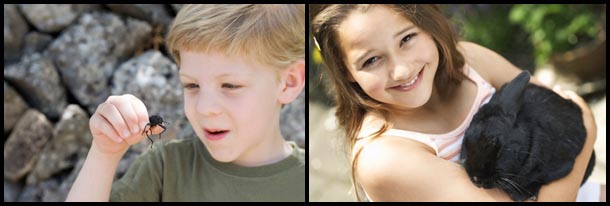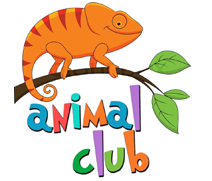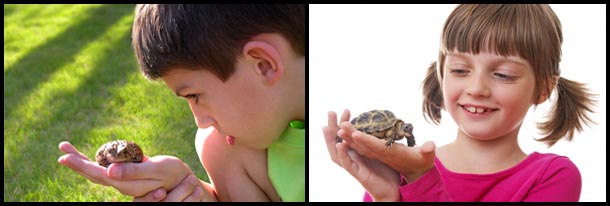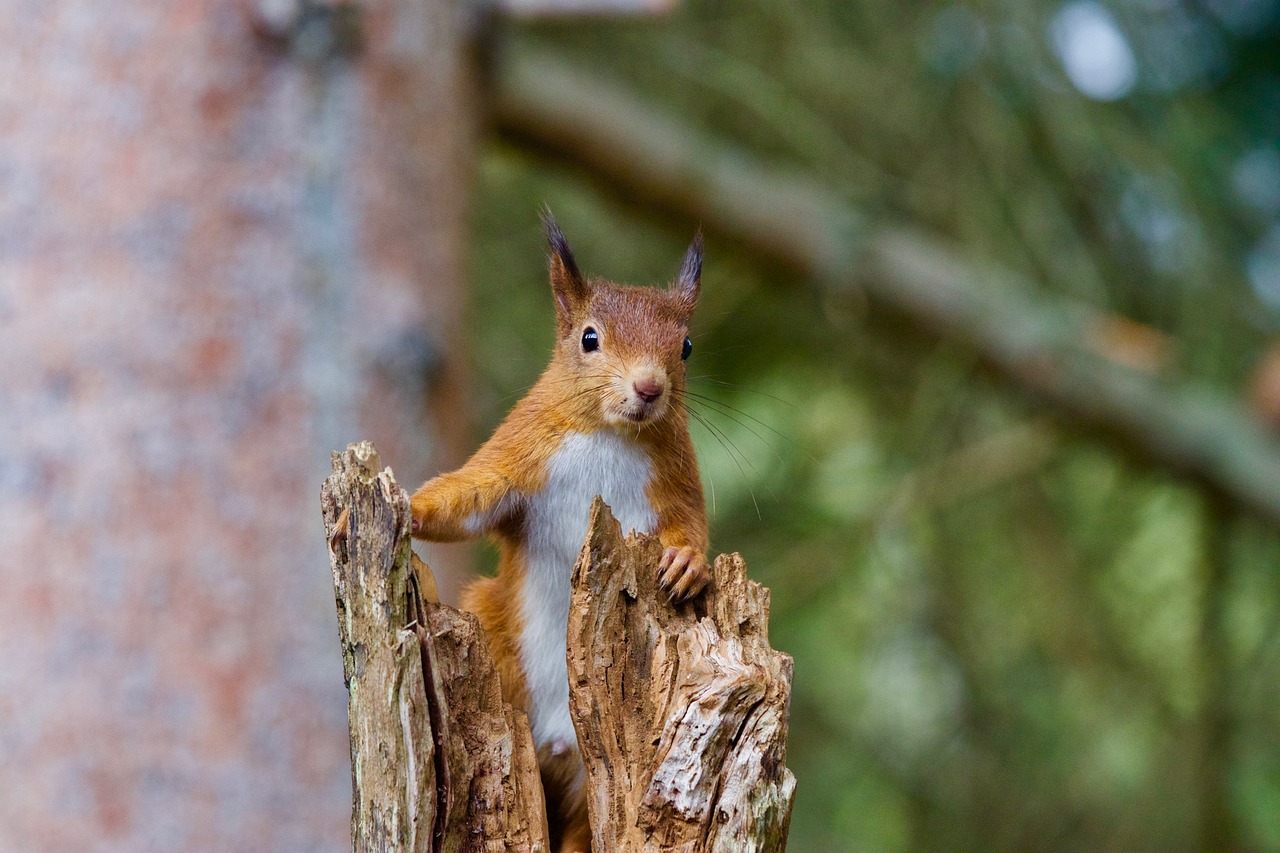Endangered red squirrel!
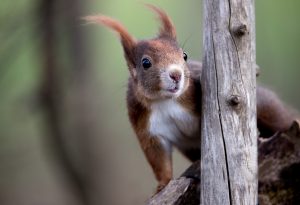
Red squirrels are important to the ecosystem!
Red squirrels are more than just cute and adorable fluffy animals. Their role is important to the health of our woodland ecosystems.
- Seed dispersers: Red squirrels are nature’s energetic gardeners. They bury nuts and seeds for later consumption… but often forget the location! These forgotten gems then have a chance to germinate, leading to the growth of new trees and the diversification of the forest.
- Pest control: Red squirrels are natural predators of insects that can damage trees. Their presence helps maintain a healthy balance within the ecosystem.
- Tourist magnets: Let’s face it, who doesn’t love watching a red squirrel scamper around? These charismatic creatures are a draw for nature enthusiasts, boosting eco-tourism and appreciation for our natural world.
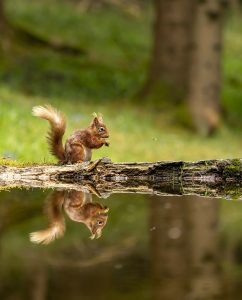
FUN FACT
Red squirrels can change their fur colour!
In warmer months, their fur is fiery red.
In winter months it can transform into a reddish brown – maybe even white!
This camouflage helps them to blend in with their surroundings and hide from predators!
Vanishing homes of red squirrels!
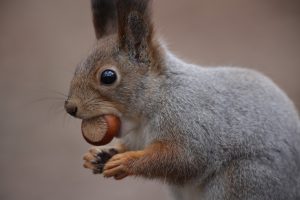
Help the red squirrel
All is not lost – there is some GOOD NEWS! We can ALL play a role in the red squirrel’s future and help them to flourish and survive. Here are a few ways you can make a difference:
- Support Conservation Efforts: Several organisations are dedicated to red squirrel conservation. Consider volunteering your time or donating to support their vital work. Charitable organisations such as WWF and British Wildlife Centre help red squirrels and offer more information.
- Choose the right tree: Choose native tree species when planting in your garden. This provides much-needed food sources and suitable nesting sites for red squirrels.
- Red squirrel conservation matters: Spread the word about the red squirrel’s plight and the importance of conservation.
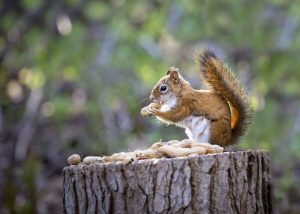
The future of red squirrels
What lies ahead for the future of red squirrels? The red squirrel is a symbol of the resilience of nature and the beauty of our native wildlife. By working together, we can ensure that future generations can continue to witness this fiery flash in our woodlands. Together we can ensure that the red squirrel continues to be a cherished part of the British landscape for generations to come.
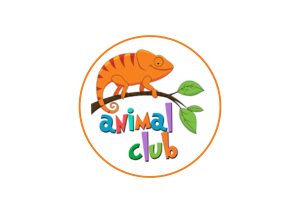
Extra information
Animal-Club provides animal parties or animal handling workshops. You will be able to see, learn and interact with many wonderful animals with the help of our presenters. Our mobile zoo has many friendly animals such as rabbits, tarantulas, geckos, vinegaroons and more, perfect for an animal party. We can also , come over to your school for an animal school visit or arrange for an animal workshop with us where the children can learn about looking after animals and animal behaviour, and have fun too.
